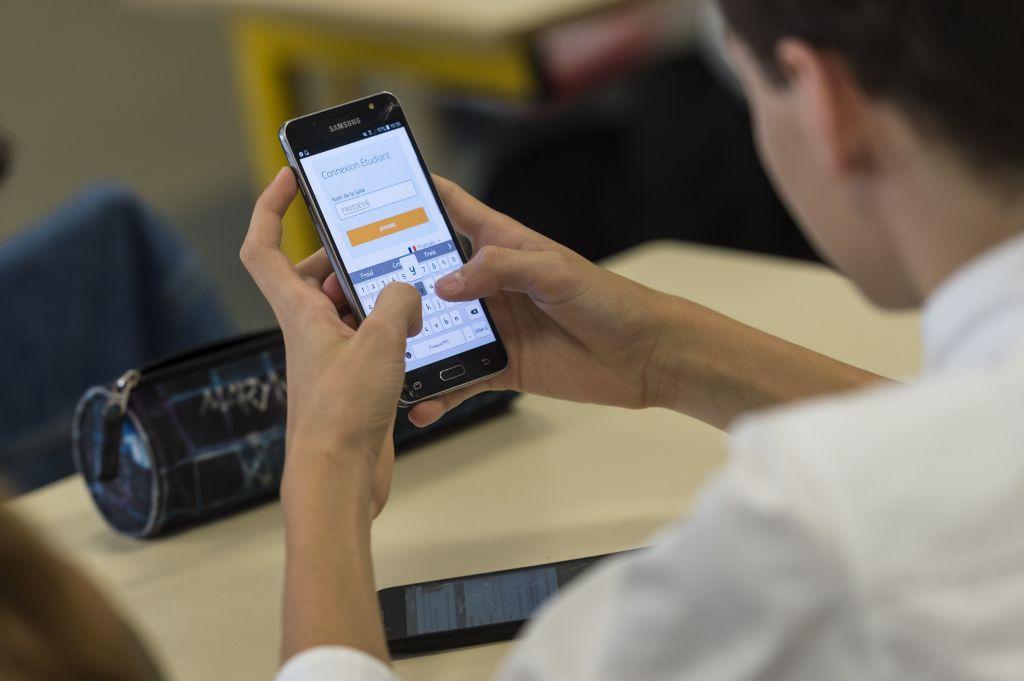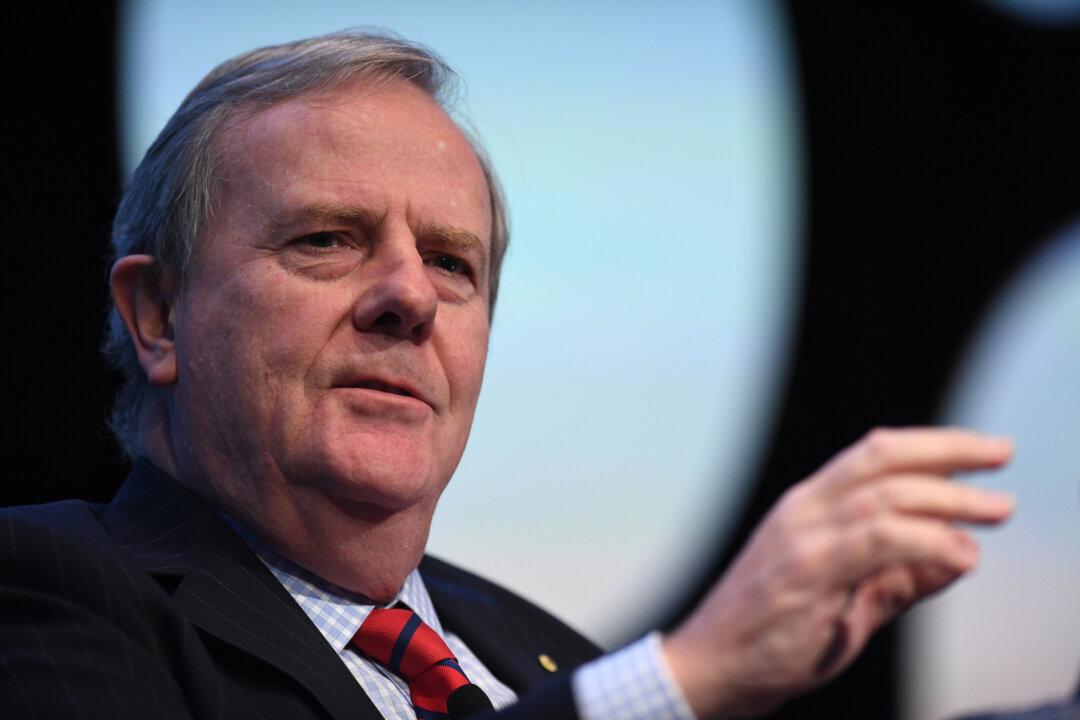Mobile phones in Australian schools are now banned under federal law in a policy announced by Minister for Education Jason Clare today.
In July, Mr. Clare said the time had come for a national policy on phones in state schools. The policy creates uniformity with state education stakeholders, many of whom had some sort of policy already in place in their territories.





